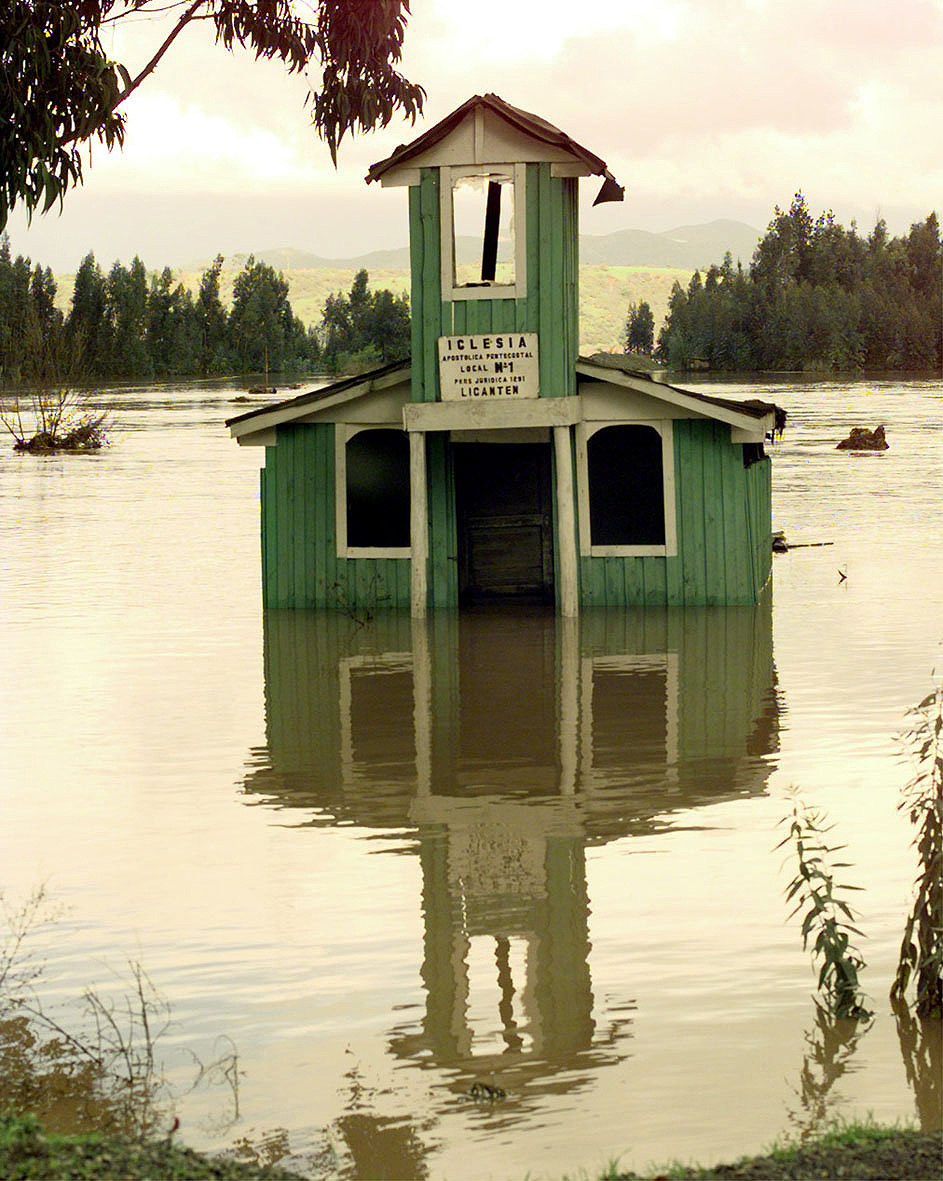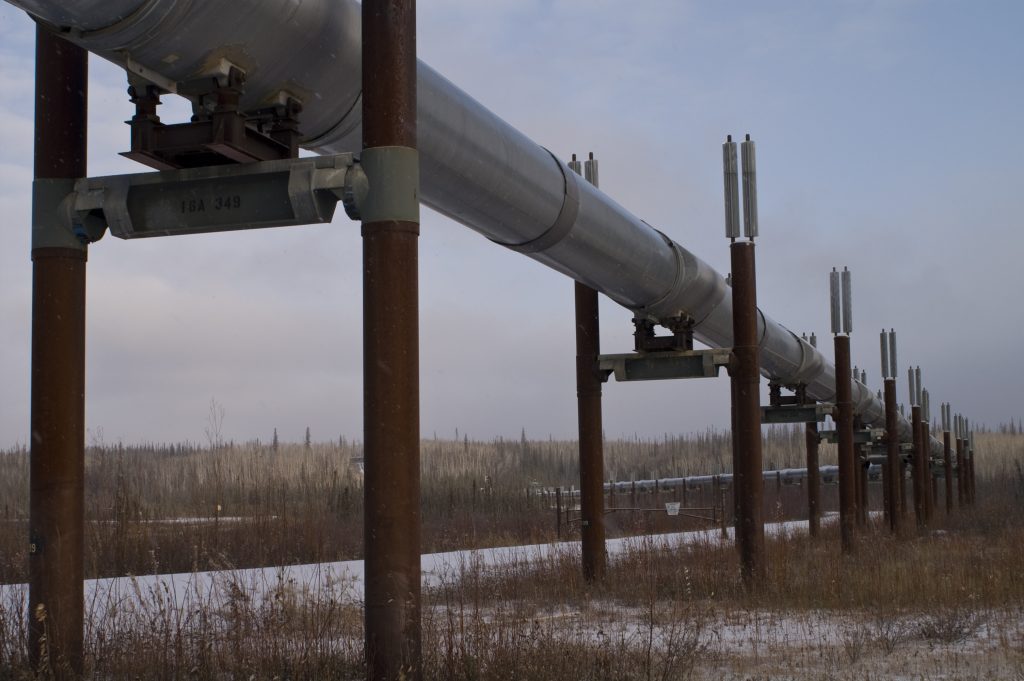 Many Americans do not know that it is actually possible to legally acquire another person’s land without possessing fair title or good faith. Of course, specific guidelines must be followed, but with some will, knowledge, and close attention to detail, this process known as “adverse possession” can be surprisingly simple to accomplish.
Many Americans do not know that it is actually possible to legally acquire another person’s land without possessing fair title or good faith. Of course, specific guidelines must be followed, but with some will, knowledge, and close attention to detail, this process known as “adverse possession” can be surprisingly simple to accomplish.
In Louisiana, adverse possession occurs when an individual exercises actual, adverse, physical possession over the property of another. See Crowell Land & Mineral Corp. v. Funderburk, 692 So.2d 535, 537 (La. App. 3 Cir. 1997). Furthermore the possession must be continuous, uninterrupted, peaceable, public, indisputable, and within discernible bounds. See La. Civ. Code art. 3476. While this may sound like a rather simple task, the kicker is that Louisiana law demands that all those requirements be met for a period of 30 years, making the whole process a bit more of a gamble, considering the time commitment and outside forces beyond one’s control. Additionally, once the requirements are met and the case is presented in court, the adverse possessor bears the burden of proving that all requirements were met. Accordingly, while acquiring land in such a way can be quite lucrative, it can also end up being a big waste of time if you are not able to meet all the requirements continuously for the entire 30-year period.
In 1969, Erne Plessala, Sr., used levees to construct a crawfish pond on Wayne Trahan’s and Larry Verret’s shared land in Iberia Parish. Sometime later, Mr. Plessala moved soil from a spoil bank of the canal bordering the pond so that he could build a campsite and then built a bridge over the canal to the campsite.
 Louisiana Personal Injury Lawyer Blog
Louisiana Personal Injury Lawyer Blog



 A redhibitory defect is a problem with an article that renders it useless to the buyer. In Louisiana, although a seller owes no warranty for defects that are known to or should have been discovered by the buyer at the time of the sale, a seller does, by operation of law, warrant the buyer against redhibitory defects
A redhibitory defect is a problem with an article that renders it useless to the buyer. In Louisiana, although a seller owes no warranty for defects that are known to or should have been discovered by the buyer at the time of the sale, a seller does, by operation of law, warrant the buyer against redhibitory defects 

 When land is expropriated by the government, there are many questions concerning how much money the government will owe you. Courts consider factors such as the appraised value of the property, relocation costs, inconvenience, and other possible damages. See
When land is expropriated by the government, there are many questions concerning how much money the government will owe you. Courts consider factors such as the appraised value of the property, relocation costs, inconvenience, and other possible damages. See 
 A recent case arising out of Tensas Parish, Louisiana, highlights the importance of checking on leases that burden any land before purchase. “Legacy lawsuits” are claims that oil and gas operations caused contamination on a property and generally name any operators who worked at the property and could have contributed to the contamination. In this aspect, the case out of Tensas Parish is no different. This case involves a legacy lawsuit where landowners purchased a property in 2002, but the property was subject to mineral leases/servitudes as early as the 1940s by different oil and gas companies.
A recent case arising out of Tensas Parish, Louisiana, highlights the importance of checking on leases that burden any land before purchase. “Legacy lawsuits” are claims that oil and gas operations caused contamination on a property and generally name any operators who worked at the property and could have contributed to the contamination. In this aspect, the case out of Tensas Parish is no different. This case involves a legacy lawsuit where landowners purchased a property in 2002, but the property was subject to mineral leases/servitudes as early as the 1940s by different oil and gas companies.
 In Louisiana, the objection of prescription extinguishes a legal right of recovery when a party fails to exercise it over a given period of time. It is essentially a time limit on a claim, which can be raised in a couple of ways. Typically, it is raised by a peremptory exception, but it can also be raised by way of a prescriptive motion for summary judgment. One defense to the objection of prescription is the doctrine of contra non valentem. This doctrine is used to “soften the occasional harshness of prescriptive statutes.”
In Louisiana, the objection of prescription extinguishes a legal right of recovery when a party fails to exercise it over a given period of time. It is essentially a time limit on a claim, which can be raised in a couple of ways. Typically, it is raised by a peremptory exception, but it can also be raised by way of a prescriptive motion for summary judgment. One defense to the objection of prescription is the doctrine of contra non valentem. This doctrine is used to “soften the occasional harshness of prescriptive statutes.”